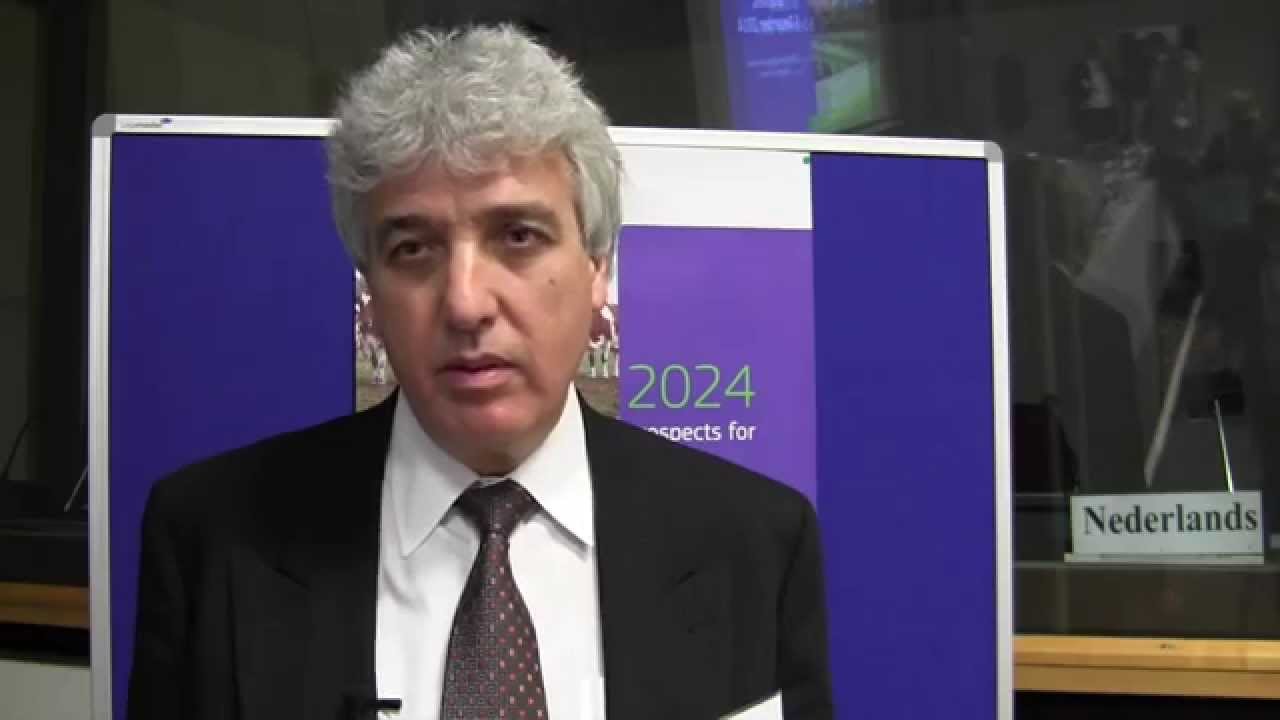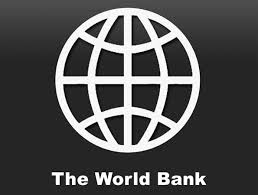There is no respite for Nigeria’s fiscal crisis going by the World Bank’s latest forecast for commodities prices; which is expected to remain weak through 2015. The World Bank is nudging up its 2015 forecast for crude oil prices from $53 in April to $57 per barrel after oil prices rose 17 percent in the April-June quarter according to its latest Commodity Markets Outlook, a quarterly update on the state of the international commodity markets.
The Bank reports that energy prices rose 12 percent in the quarter, with the surge in oil offset by declines in natural gas (down 13 percent) and coal prices (down 4 percent). However, the Bank expects energy prices to average 39 percent below 2014 levels. Natural gas prices are projected to decline across all three main markets—U.S., Europe, and Asia—and coal prices to fall 17 percent. Excluding energy, the World Bank reports a 2 percent decline in prices for the quarter, and forecasts that non-energy prices will average 12 percent below the 2014 levels this year.
“Demand for crude oil was higher than expected in the second quarter. Despite the marginal increase in the price forecast for 2015, large inventories and rising output from OPEC members suggest prices will likely remain weak in the medium-term,” said John Baffes, Senior Economist and lead author of Commodity Markets Outlook.
Downside risks to the forecast include higher-than-expected non-OPEC production (supported by falling production costs) and continuing gains in OPEC output. Possible upside pressures may come from closure of high-cost operations—the number of operational oil rigs in the US is down 60 percent since its November high, for example—and geopolitical tensions.
Iran’s new nuclear agreement with the US and other leading governments, if ratified, will ease sanctions, including restrictions on oil exports from the Islamic Republic of Iran. This will increase the glut in the crude oil market. Analysts believe Iran is set to ramp up production of crude oil quickly given the spare capacity in production tied up by the sanctions. While the world celebrated the nuclear deal between Iraq and the P5+1, to oil exporting countries including Nigeria, it is bad news as crude oil price is expected to witness a downward pressure. Nigeria, observers opine has not witnessed this level of fiscal crisis since the days of Structural Adjustment Programme (SAP). Indeed, President Muhammadu Buhari had to bailout state governments most of which could not pay salaries. Diversifying the economy, experts believe will delink Nigeria’s fiscal status from happenings in the international crude oil market.
In a special feature assessing the roles played by China and India in global commodity consumption, the Outlook finds that demand from China and, to a lesser extent, India, over the last two decades significantly raised global demand for metals and energy—especially coal—but less so for food commodities.
By Osaze Omoragbon
[divider]



